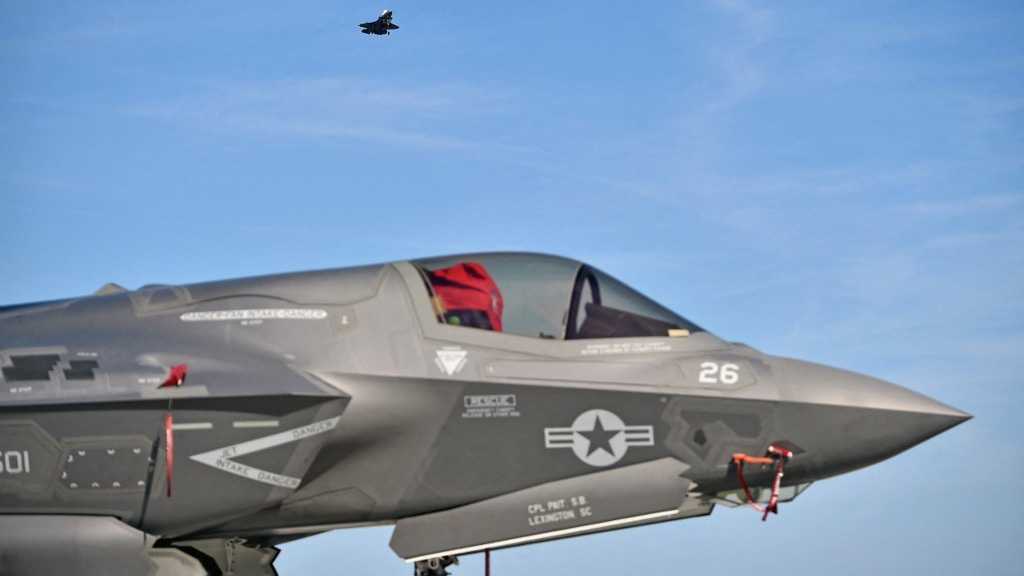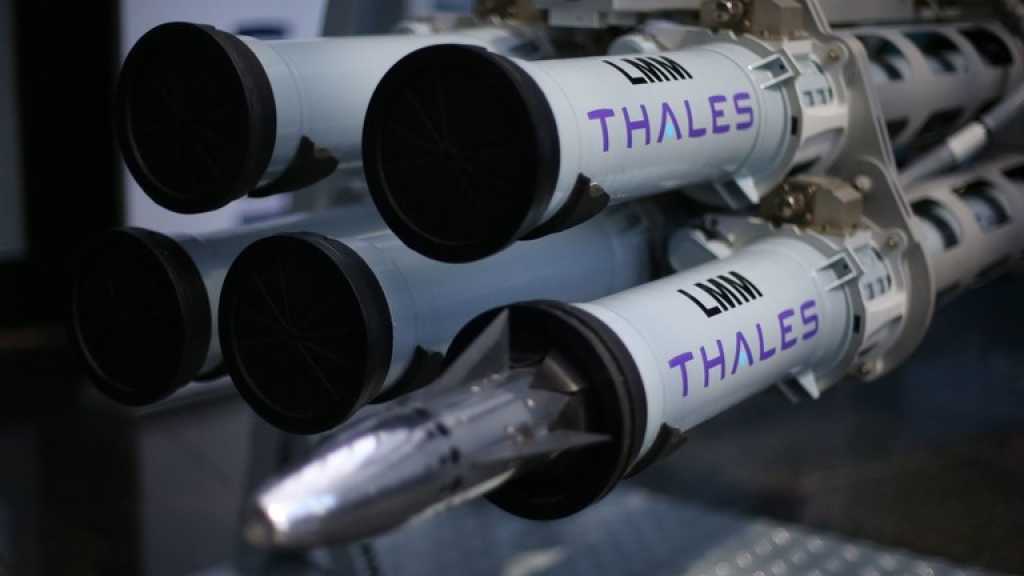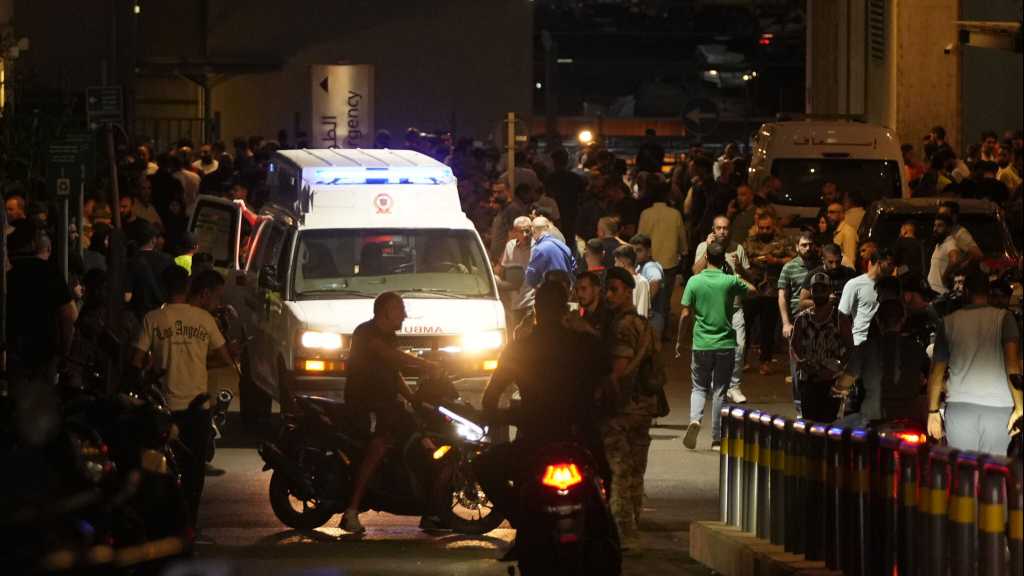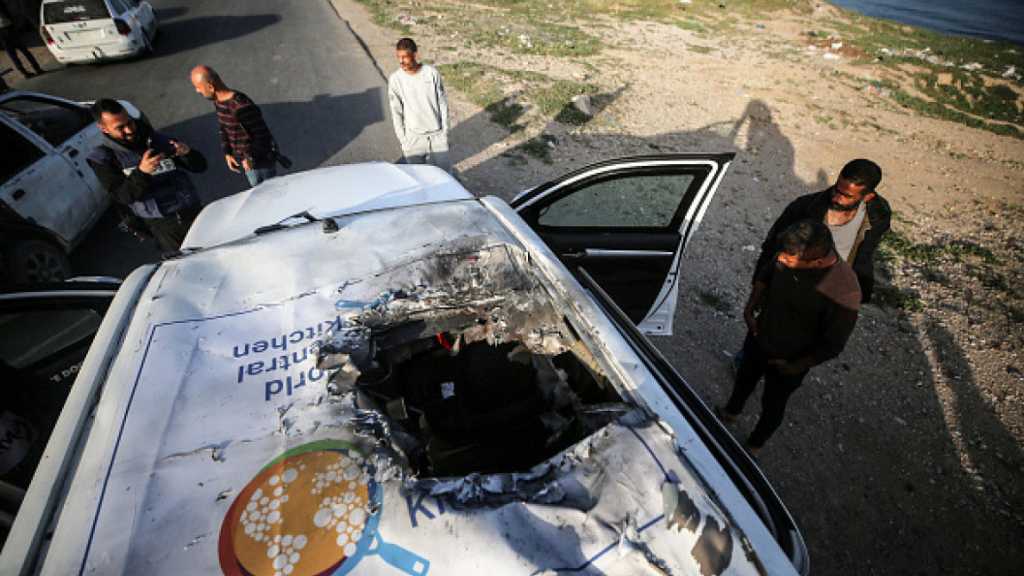British Groups Take UK Gov’t to Court over Arms Exports to ‘Israel’

By Staff, Agencies
Legal and human rights groups challenging the British government in the High Court stressed that the UK has breached its legal obligations by continuing to license arms sales to “Israel” as it continues its aggression on Gaza.
In a case filed on Wednesday, Palestinian human rights organization Al-Haq and the UK-based Global Legal Action Network [GLAN] said there is mounting evidence of “Israeli” violations of international law in its onslaught which has seen nearly 15,900 people killed, including at least 6,000 children.
Under its own arms exporting criteria, the government is obligated to suspend licenses for arms exports if it determines that there is a clear risk that British weapons might be used in such violations.
The groups say, based on their own assessment of evidence they have compiled, “Israel’s” actions have “long passed this threshold of risk”.
“It’s utterly untenable and irrational for the government to conclude that no such risk exists and continue to allow arms sales to ‘Israel’,” said Siobhan Allen, a senior lawyer with GLAN.
Ahmed Abofoul, legal research and advocacy officer at Al-Haq, said the UK “must demonstrate its compliance with its obligations and responsibilities under international law in all situations”.
“There is no place for double standards, selectivity and hypocrisy in respecting and adhering to the rule of international law.”
Their case, if successful, would block all licenses and stop the transfer of any UK arms to “Israel”.
This is the most significant legal challenge to UK arms exports since the Campaign Against Arms Trade [CAAT] took the government to court in 2016 over its arm sales to Saudi Arabia given their possible use in the war in Yemen.
The Court of Appeal in June 2019 ruled in CAAT's favor after hearing evidence that the government had ignored past Saudi-led coalition operations when deciding whether UK arms might be used in breach of international humanitarian law.
Beyond the case at hand, the court could have an impact on litigation globally if it accepts that the duty to prevent genocide is engaged by the case.
“It would send a very clear signal to other states that not only does sending weapons to a party who is accused of committing genocide breach the obligation to prevent genocide,” said Dearbhla Minogue, a senior lawyer with GLAN.
“It would also establish the fact that the court recognizes that there is a serious risk of genocide happening which I think could have quite a ripple effect.”
The case could also have a wider impact in other ways: unlike most other countries, Minogue said, the UK offers civil society a chance to bring cases to challenge government decision making.
“We have got quite a unique opportunity to actually force the government to be held to account in a court and I think it really presents an opportunity for even a semblance of accountability for Palestinians,” Minogue said.
Comments
- Related News




